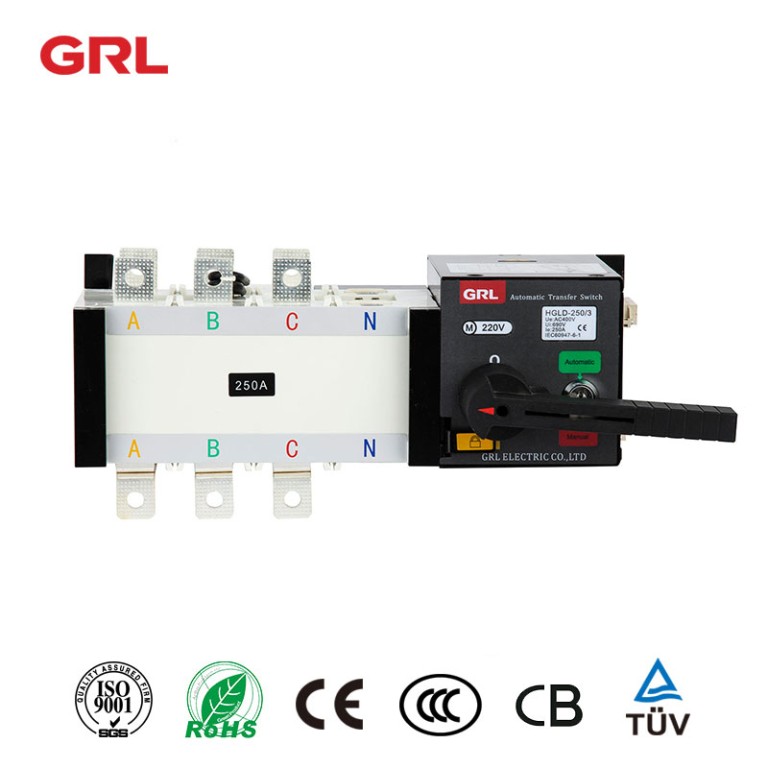Automated Trading System Overview

,文章长度在1000字左右,内容要专业、详细、全面,包含ATS的基本概念、工作原理、优势、应用场景、发展趋势等。
html
Automated Trading System (ATS) Overview
Introduction to Automated Trading Systems
An Automated Trading System (ATS) is a sophisticated software platform that executes trades in financial markets without human intervention. These systems use pre-programmed algorithms to analyze market data, identify trading opportunities, and automatically place orders based on predefined criteria. ATS has revolutionized modern financial markets by enabling faster, more efficient, and emotion-free trading.
How Automated Trading Systems Work
The core functionality of an ATS can be broken down into several key components:
1. Data Collection and Analysis
ATS continuously monitors multiple data sources including price feeds, order books, news feeds, and economic indicators. Advanced systems may incorporate alternative data sources like social media sentiment or satellite imagery.
2. Signal Generation
Based on the collected data, the system applies mathematical models and trading strategies to generate buy or sell signals. Common approaches include:
- Technical analysis indicators (moving averages, RSI, MACD)
- Statistical arbitrage models
- Machine learning algorithms
- Pattern recognition systems
3. Risk Management
Before executing any trade, the system evaluates potential risks using parameters like position sizing, stop-loss levels, and portfolio exposure limits.
4. Order Execution
The system automatically sends orders to exchanges or brokers via APIs (Application Programming Interfaces) with precise timing and optimal order routing.
Advantages of Automated Trading Systems
ATS offers numerous benefits over traditional manual trading:
Speed and Efficiency
Keyword: ATS
Automated systems can process information and execute trades in milliseconds, far faster than human traders.
Emotion-Free Trading
By removing human psychology from the equation, ATS eliminates emotional decision-making that often leads to poor trading outcomes.
Backtesting Capabilities
Traders can test strategies against historical data before risking real capital, allowing for strategy optimization.
24/7 Market Monitoring
ATS can monitor multiple markets simultaneously around the clock, never missing trading opportunities.
Consistency in Execution
Automated systems apply trading rules consistently without deviation, maintaining discipline in volatile markets.
Applications of Automated Trading Systems
ATS is used across various financial markets and by different types of market participants:
1. Institutional Trading
Hedge funds, investment banks, and asset managers use sophisticated ATS for:
- Algorithmic trading strategies
- High-frequency trading (HFT)
- Portfolio rebalancing
- Smart order routing
2. Retail Trading
Individual traders can access ATS through:
- Broker-provided algorithmic trading platforms
- Custom-built trading bots
- Third-party trading software
3. Market Making
Specialized ATS provides liquidity by continuously quoting bid and ask prices in financial instruments.
4. Arbitrage Strategies
<p